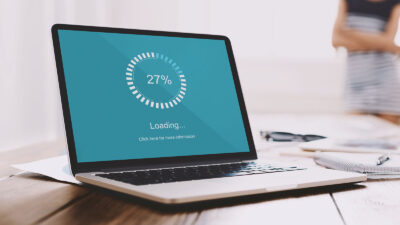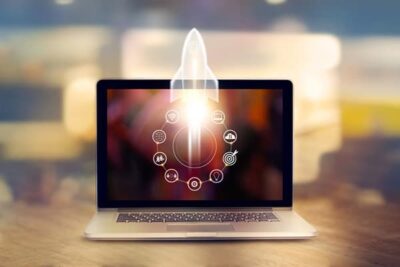Here are some troubleshooting steps you can take to resolve a general slowdown on your computer:
Restart your computer. This can often fix minor performance problems.
Update your software. Make sure that your operating system, drivers, and other software are up to date. Outdated software can often cause performance problems.
Close any programs that you’re not using. This will free up RAM and improve performance.
Run a virus scan. If you suspect that your computer is infected, run a virus scan with your antivirus software. A virus or malware infection can slow down your computer significantly.
Defragment your hard drive. This can improve performance if your hard drive is fragmented. Fragmentation occurs when files are stored in non-contiguous blocks on the hard drive. This can make it take longer for the hard drive to read and write files, which can lead to performance problems.
Make sure that your computer has good ventilation. If your computer is overheating, it can slow down performance. Make sure that the fans are not blocked and that there is enough space around the computer for air to circulate.
Check your hardware. If you’ve ruled out all of the other causes, it’s possible that a hardware component is failing. If you’re still experiencing a general slowdown after trying all of the above steps, you may need to take your computer to a technician for further diagnosis.
Here are some additional tips to help prevent your computer from slowing down:

Don’t overload your computer with too many programs and files. The more programs and files you have running, the more resources your computer will need, which can lead to performance problems.
Avoid running resource-intensive programs in the background. Programs like games, video editing software, and antivirus software can use a lot of resources, so it’s best to close them when you’re not using them.
Keep your hard drive clean. Delete files that you don’t need and defragment your hard drive regularly to improve performance.
Install updates for your operating system and drivers. Updates often include performance improvements that can help to speed up your computer.
Use a good antivirus program. A virus or malware infection can slow down your computer significantly, so it’s important to use a good antivirus program and keep it up to date.
Take care of your hardware. Make sure that your computer is clean and free of dust, and that the fans are not blocked. If your computer is overheating, it can slow down performance.
By following these tips, you can help to keep your computer running smoothly and prevent general slowdowns.
